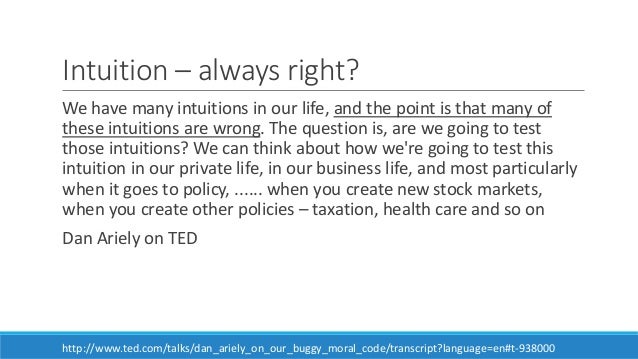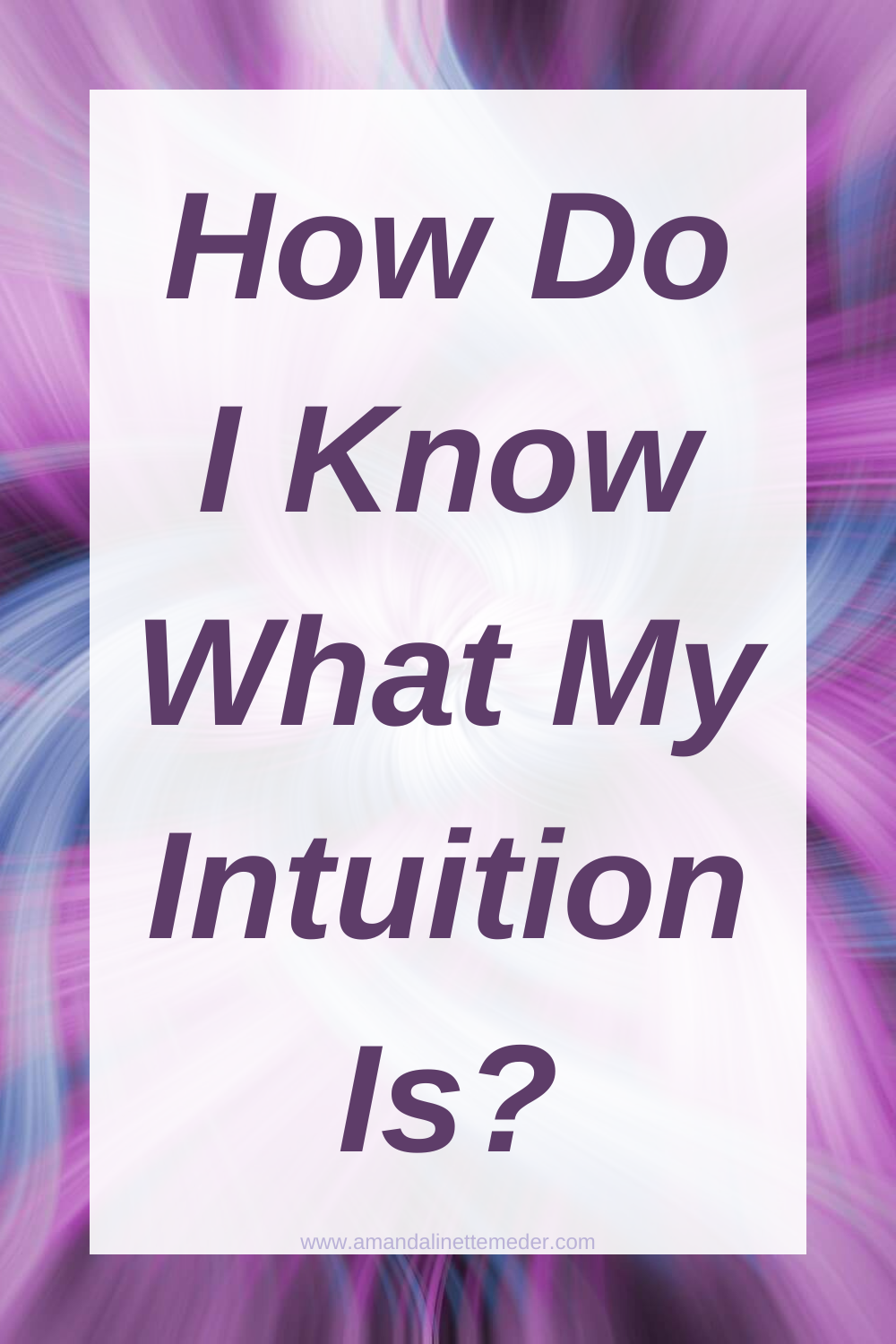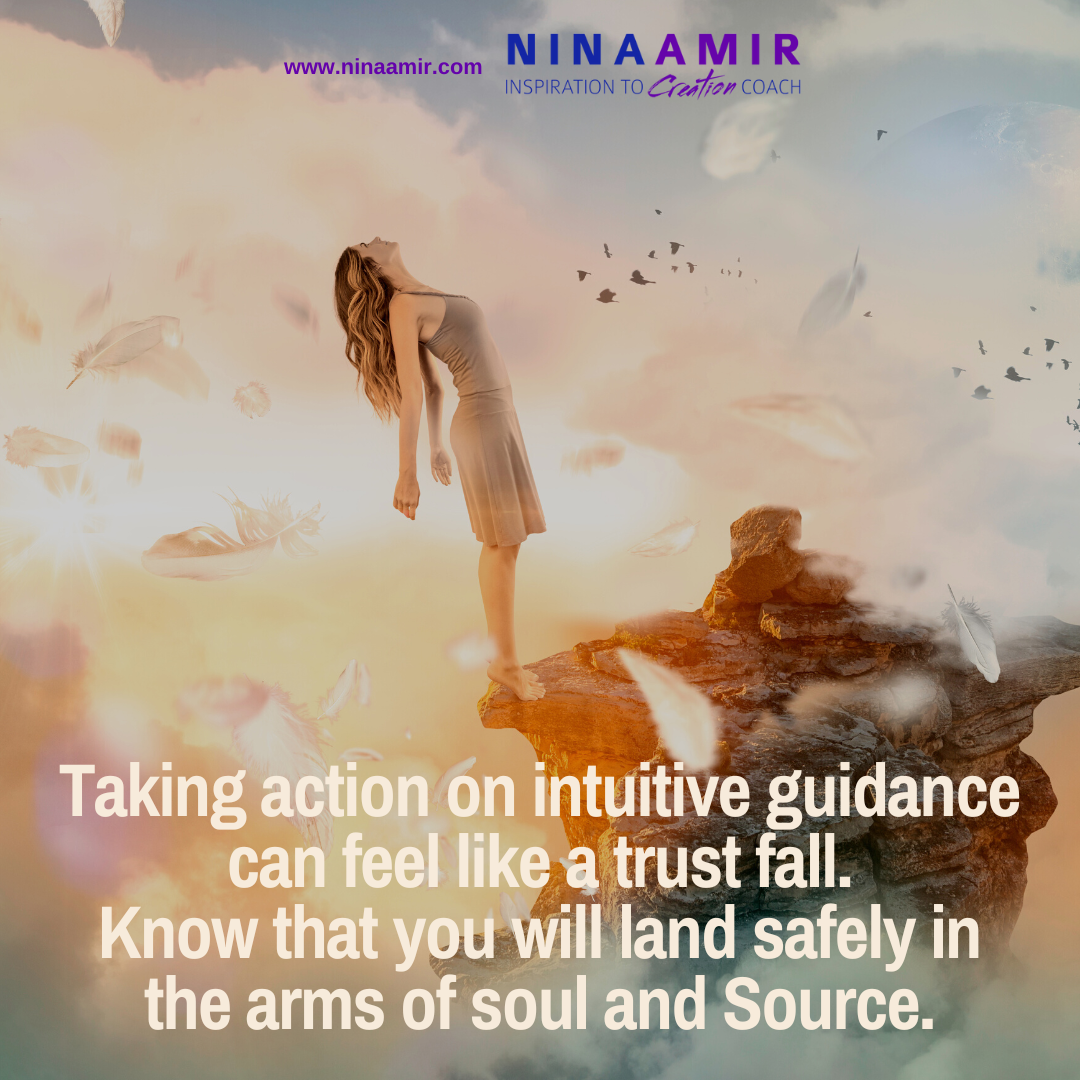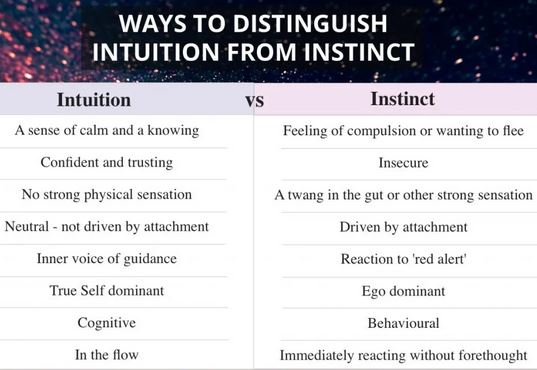How Do I Know My Intuition Is Right

In a world saturated with data and demanding constant rational analysis, the subtle voice of intuition is often drowned out, leaving individuals questioning its validity and reliability. Distinguishing between genuine intuitive insights and mere wishful thinking, fear, or cognitive biases is a challenge that impacts decision-making across personal, professional, and even ethical domains.
This article explores the multifaceted nature of intuition, examining its neurological underpinnings, psychological manifestations, and practical strategies for discerning its accuracy. It delves into the science-backed methods and expert opinions that can help individuals cultivate a more trustworthy relationship with their inner guidance system, empowering them to make choices with greater confidence and clarity.
Understanding Intuition: Beyond Gut Feelings
Intuition is often misconstrued as a mystical force or a simple 'gut feeling.' However, research suggests it's a complex cognitive process involving rapid, unconscious pattern recognition.
According to Dr. Gerd Gigerenzer, Director Emeritus at the Max Planck Institute for Human Development, intuition is "intelligence based on experience, frozen into habit." This implies that our past experiences, even those we're not consciously aware of, shape our intuitive responses.
Neurological Basis
Neuroimaging studies have shown that intuition activates different brain regions than analytical thinking. The anterior cingulate cortex (ACC), associated with error detection and conflict resolution, and the insula, linked to emotional awareness and bodily sensations, play key roles in intuitive processing.
A study published in the journal Neuron demonstrated that individuals making intuitive decisions exhibited increased activity in these brain areas, suggesting a link between emotional and bodily cues and intuitive judgments.
Distinguishing True Intuition from Biases
The key challenge lies in separating authentic intuition from cognitive biases, such as confirmation bias (seeking information that confirms existing beliefs) or availability heuristic (relying on readily available information, even if it's not representative). These biases can masquerade as intuition, leading to flawed decisions.
Daniel Kahneman, Nobel laureate and author of "Thinking, Fast and Slow," highlights the importance of recognizing these biases to avoid errors in judgment. He emphasizes the need for critical self-reflection and the consideration of alternative perspectives.
Practical Strategies for Validating Intuition
Several techniques can help individuals assess the reliability of their intuitive insights. They help to sift through the noise of emotions and biases to access the wisdom embedded within.
Mindfulness and Meditation
Practicing mindfulness can enhance self-awareness and improve the ability to recognize subtle bodily sensations associated with intuition. Regular meditation helps calm the mind, creating space for intuitive signals to surface without being overshadowed by anxious thoughts.
Research indicates that mindfulness training can increase activity in the insula, potentially strengthening the connection between bodily awareness and intuitive decision-making.
Seeking External Validation (Cautiously)
While intuition is a personal experience, seeking feedback from trusted sources can provide valuable perspective. However, it's crucial to choose advisors who are objective and knowledgeable, avoiding those who might reinforce existing biases.
Be mindful of confirmation bias when seeking external validation. Actively solicit dissenting opinions and be open to the possibility that your initial intuition might be incorrect.
Analyzing Past Experiences
Reflecting on past decisions where intuition played a role can reveal patterns and insights. Analyze instances where intuition proved accurate or inaccurate, identifying the factors that contributed to the outcome. What were the circumstances? What were you feeling?
This type of retrospective analysis can help refine your intuitive abilities and improve your judgment in future situations.
The Role of Expertise
Intuition is often more reliable in areas where you possess significant expertise. Extensive knowledge and experience create a rich database of patterns that the unconscious mind can draw upon to make quick, accurate judgments.
According to a study published in the Journal of Experimental Psychology, experts often outperform novices in tasks that require intuitive decision-making, demonstrating the value of accumulated experience.
Conclusion: Cultivating a Trustworthy Inner Compass
Mastering the art of discerning genuine intuition from other mental processes is a lifelong journey. It requires a commitment to self-awareness, critical thinking, and a willingness to learn from both successes and failures.
By combining science-backed techniques with personal reflection, individuals can cultivate a more trustworthy relationship with their inner compass, unlocking the power of intuition to navigate the complexities of life with greater confidence and clarity. Ultimately, trusting your intuition comes down to trusting yourself.


















